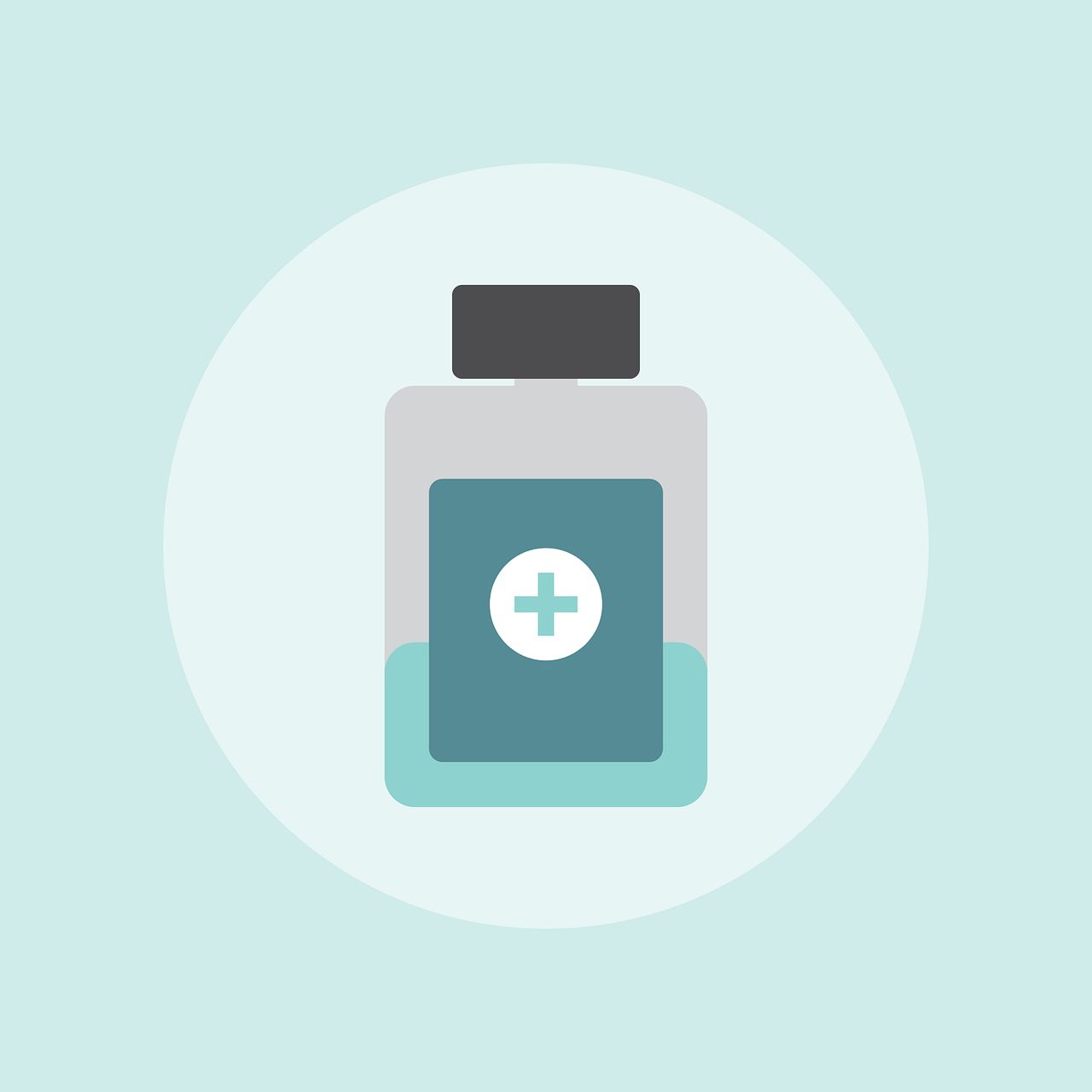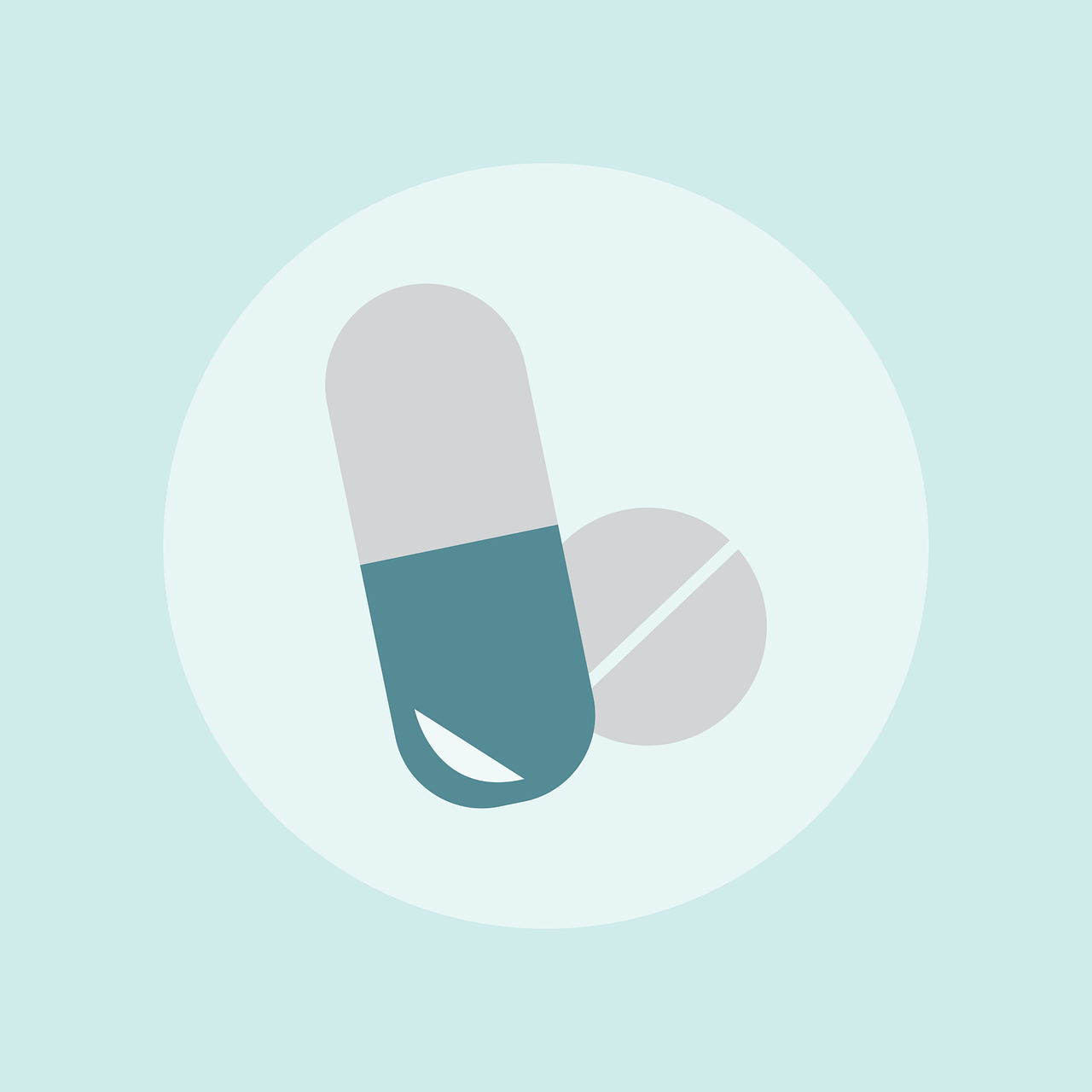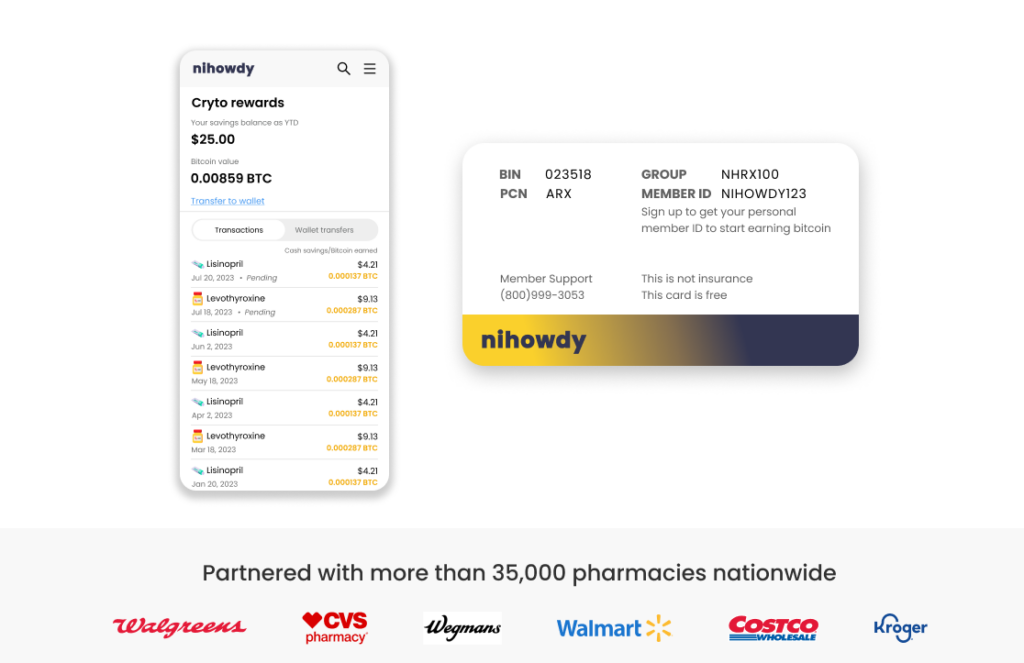Navigating Nausea Relief: Your Complete Guide to Nausea Medication Options


When nausea strikes, the search for relief is critical. This article cuts straight to the chase, revealing key nausea medication options and when to use them. Uncover the essentials for quick relief, from antihistamines to advanced prescription nausea medicine, and understand the importance of consulting healthcare providers before taking any medication for nausea.
Key Takeaways
Nausea is a wide-ranging symptom triggered by various factors, including motion sickness, illness, and stress; understanding these triggers can help select appropriate treatment.
Over-the-counter medications like antihistamines and bismuth subsalicylate (Pepto-Bismol) are first-line defenses against nausea, while prescription options are available for more severe cases.
Natural remedies and lifestyle changes can play a significant role in managing nausea, offering alternative solutions that prioritize holistic wellness and potentially fewer side effects.
Understanding Nausea and Its Triggers

Nausea acts as an internal alert system—unpleasant but usually indicative of a need for action. It manifests as that uncomfortable feeling in your stomach, which may lead to the urge to vomit. Think of your body as a sophisticated apparatus with nausea as a blinking light on the control panel, signaling that an issue might require attention. Identifying symptoms associated with nausea can aid you in pinpointing and dealing with whatever is causing it.
Different anti-nausea medications relieve nausea by blocking receptors in the gut, neurotransmitters in the brain, or certain chemicals.
A myriad of factors have the potential to induce nausea, including:
Experiencing motion sickness
Contracting gastroenteritis or a stomach virus
Suffering from food poisoning
Going through pregnancy
Enduring anxiety or stress
Taking certain drugs
Awareness of these factors that trigger nausea is crucial when determining how best to engage your anti-nausea strategies effectively.
Identifying Causes: From Motion Sickness to Food Poisoning
Focusing on the main culprits behind nausea, motion sickness emerges as a formidable enemy. This unpleasant sensation occurs when there is a disconnect between the signals sent from your inner ear and eyes to your brain about movement. It’s akin to an internal battle of your equilibrium sensors, with you suffering amid symptoms like nausea and vomiting.
In this narrative, Meclizine stands out as a valiant defender—also known under its code name Bonine—a reliable ally in preventing and easing those troubling motion sickness symptoms. Remember that timing plays a crucial role. Administering it approximately one hour before travel starts is essential for effectively staving off motion sickness symptoms.
How the Body Responds: Vomiting Center and Vomiting Reflex
Let’s delve into the internal mechanics of how our body initiates the often unwelcome act of vomiting. The brain houses a specialized area known as the vomiting center, nestled within the medulla oblongata, which directs an intricate array of signals, culminating in nausea and vomiting. This pivotal center does not operate in isolation. It assimilates information from various sources, including other parts of the brain, gastrointestinal tract, inner ear structures, and bloodstream, to activate the vomiting reflex.
This reflex serves as a protective mechanism by which our body expels potentially harmful substances—consider it nature’s biological ejector seat for ingested toxins or irritants. It involves a concerted series of messages that rally the diaphragm and abdominal muscles together to execute what we recognize as vomiting.
Decoding Over-the-Counter Nausea and Vomiting Relief

OTC medicines, also referred to as over-the-counter medications, serve as an immediate go-to solution when you’re dealing with nausea. These accessible treatments swiftly combat upset stomachs and address discomfort without needing a doctor’s prescription. The selection includes antihistamines that help alleviate motion sickness and widely-recognized Pepto-Bismol, famed for its capacity to calm various digestive issues. Pepto-Bismol can also help with nausea related to stomach flu by addressing symptoms such as slowing bowel movement, reducing inflammation, and killing bacteria causing diarrhea.
The Role of Antihistamines in Relieving Motion Sickness Symptoms
Antihistamines function as covert operatives striving to maintain equilibrium within your body’s stability mechanisms. They excel at combatting motion sickness, an unwelcome nuisance that can potentially spoil any voyage. Consider dimenhydrinate—it serves to soothe the excessively agitated signals in your brain responsible for creating such chaos.
For individuals aiming to remain vigilant while simultaneously suppressing nausea, Dramamine Less Drowsy is their trusted companion. It ensures a more tranquil travel experience without inducing drowsiness.
Bismuth subsalicylate (Pepto-Bismol): A Multipurpose Solution
Sporting its iconic pink color, Pepto-Bismol is not merely an aesthetically pleasing option for those suffering from an upset stomach. The main component at work here is the bismuth subsalicylate. It acts as a protective agent for your stomach lining and an adversary against the troublesome bacteria responsible for your unease.
Consider this medicine a versatile tool in your healthcare arsenal. It can address various issues ranging from nausea to traveler’s diarrhea—a multipurpose remedy essential for any medicinal kit.
Prescription Anti-Nausea Medications: When to Consider Them

When over-the-counter options fall short, particularly with severe nausea that risks dehydration or significant disruption to daily activities, prescription medication becomes crucial. These elite treatments, such as dopamine antagonists and serotonin antagonists, are deployed for the most relentless nausea episodes—like those caused by chemotherapy or postoperative effects. In these scenarios, anti-nausea medications serve as a pivotal intervention in managing queasiness.
Over-the-counter options are often the first line of defense, but prescription medicine can offer faster and more effective relief for severe cases.
Dopamine Receptor Antagonists and Serotonin Antagonists
Prescription medications dedicated to treating nausea often function as receptor antagonists, with dopamine and serotonin antagonists playing specific roles. Dopamine receptor antagonists are particularly effective for cases such as gastroenteritis, while serotonin antagonists hone in on the needs of patients undergoing chemotherapy, where excess serotonin can exacerbate nausea.
Caution is advised when prescribing these types of medications—such as Metoclopramide—due to the potential risks they carry. These drugs should be prescribed carefully, especially for individuals who have a heightened chance of developing movement disorders.
NK 1 Receptor Antagonists: Advanced Treatment for Severe Cases
Individuals experiencing severe bouts of nausea can find formidable allies in NK 1 receptor antagonists, which serve as the elite forces among anti-nausea medications. They are precious for those undergoing chemotherapy, effectively combating both initial and subsequent episodes of nausea that accompany such cancer treatments.
Available as oral tablets or injectable solutions, these potent medicines provide critical support in averting nausea and vomiting when most needed.
Special Considerations for Different Populations

Not every combatant is on an even playing field in battling nausea. Children and pregnant women need a battle plan customized for their specific circumstances. Ensuring safety and discovering a treatment that doesn’t cause additional issues is paramount for the younger ones. Meanwhile, expectant mothers must protect their nascent lives while carefully addressing morning sickness to find the right treatment. It is crucial to consult healthcare providers before giving any nausea medicine to children or pregnant women.
Treating Nausea in Children: Safety First
We must tread with great care when addressing nausea in our young ones. Children’s physiology is distinct from that of adults, leading to varied responses to medications and complex dosing challenges. Always seek the advice of a healthcare provider before administering any anti-nausea medicines, and remain vigilant for symptoms that could indicate severe issues, such as dehydration.
Managing Morning Sickness During Pregnancy
Pregnant women often confront the challenging issue of morning sickness with a heightened sense of duty. Initially, they might resort to natural remedies and adjustments in their daily routines. When faced with extreme situations, it may become necessary for a healthcare provider to intervene by prescribing medication that safeguards the well-being of both mother and child.
This path demands patience and attentiveness and occasionally calls for medical professionals’ wisdom to determine safe and beneficial approaches.
Alternative Approaches to Nausea Relief

Often, the most effective method for alleviating nausea isn’t found within a pharmaceutical container. A myriad of alternative solutions and modifications to daily habits can provide solace from discomfort, championing fewer adverse reactions and a more comprehensive perspective on health. From the inherent soothing abilities of ginger in alleviating an upset stomach to peppermint’s tranquilizing influence, numerous alternatives exist outside conventional medication aisles for those grappling with nausea. Different anti-nausea medications relieve nausea by blocking receptors in the gut, neurotransmitters in the brain, and the effects of certain chemicals.
Natural Remedies: Ginger and More
Renowned for its effectiveness in combating nausea, ginger is a time-honored remedy whose efficacy is supported by scientific research and traditional use. It can be enjoyed as tea, taken in capsules, or consumed in chewable form to alleviate conditions ranging from mild morning sickness to the stomach upset that often follows surgery. It’s worth acknowledging the supportive role other herbs, such as fennel powder, cinnamon, and cumin extract, may have when it comes to soothing digestive distress.
Lifestyle Adjustments to Prevent Nausea
Incorporating routine behaviors into your daily life can be an effective strategy for avoiding nausea. You can significantly mitigate this discomfort by choosing plain foods, ensuring proper hydration, and paying attention to when you eat.
Engaging in practices like yoga and keeping a straight posture following meals is also beneficial in warding off sensations of nausea.
Maximizing Savings on Nausea Medication with NiHowdy
The expense should not impede access to necessary medications when seeking relief from nausea. NiHowdy’s prescription discount card is a reliable ally in this pursuit, ensuring cost savings and enhanced value by offering discounts on various nausea medications. It sweetens each transaction by rewarding purchases with Bitcoin – truly revolutionizing how you save on healthcare expenses.
How NiHowdy’s Card Works
NiHowdy’s card is a gateway to accessible healthcare, providing an easy-to-obtain, easier-to-use tool. Present it at any participating pharmacy, and presto—affordable medications become available for acquisition with no hidden complications, only savings.
The Financial Benefits of Choosing NiHowdy
NiHowdy not only helps you cut down on medication expenses but also offers the added benefit of Bitcoin rewards. Every acquisition serves a dual purpose: safeguarding your well-being and enhancing your financial assets. As Bitcoin’s value may increase as time passes, using NiHowdy’s card could transform current discounts into future gains.
When to Consult Your Healthcare Provider
When battling persistent nausea, if over-the-counter (OTC) treatments and home methods fail to alleviate the discomfort or if the nausea is relentless and occurs with concerning signs such as chest pain or blood in vomit, then it’s prudent to turn to a healthcare provider for advice.
Recognizing Red Flags: Persistent Symptoms and Complications
Constant feelings of nausea shouldn’t be dismissed as merely bothersome. They can serve as a significant warning sign for underlying severe health issues. If the nausea is unyielding or comes with additional symptoms such as elevated temperature or disorientation, it’s imperative to seek medical care promptly. Be vigilant about these critical indicators, and don’t delay getting professional assistance.
Summary
From the initial onset of nausea to the search for the most effective remedies, we’ve journeyed through a maze of options for managing this common yet debilitating condition. Whether reaching for the spice rack or the medicine cabinet, remember that effective nausea management is about finding what works best for you. And with the added benefit of NiHowdy’s prescription discount card, cost doesn’t have to be an obstacle in your quest for relief. Take control of your nausea, armed with our shared insights and strategies, and reclaim your comfort and well-being.
Frequently Asked Questions
What over-the-counter medication can I take for motion sickness?
Medications such as Meclizine or dimenhydrinate are available over the counter to relieve motion sickness symptoms. Taking Meclizine approximately one hour before traveling is most beneficial since it induces less drowsiness compared to other options.
Are there any natural remedies for nausea that are scientifically proven to work?
Indeed, scientific research has established that ginger and peppermint can effectively alleviate nausea. Next time you’re experiencing anxiety, consider trying them out!
Can children take the same anti-nausea medications as adults?
It’s essential to seek guidance from a healthcare provider before administering any anti-nausea medications to children, as they may need different dosages, and not all nausea medications appropriate for adults are safe for young ones.
How can I save money on nausea medications?
By utilizing NiHowdy’s complimentary prescription savings card at participating pharmacies, you can reduce expenditures on nausea medication and concurrently receive up to 3% back in Bitcoin with every purchase of prescribed medication.
This method is an effective strategy for decreasing the costs associated with your medications.
When should I see a doctor for nausea?
You should see a doctor for nausea if it’s accompanied by chest pain, severe abdominal pain, confusion, high fever with a stiff neck, or vomiting with fecal odor or material. Additionally, consult a healthcare provider if nausea persists for more than two days for adults, more than one day for children under two, or more than twelve hours for infants.


